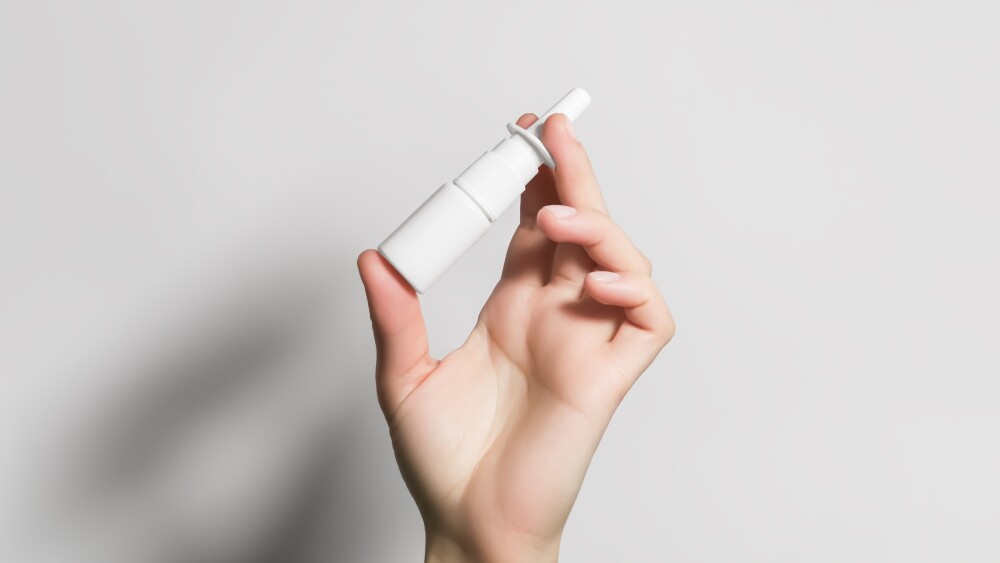Data from two Phase I trials indicate Gritstone Bio’s samRNA vaccine can safely induce a strong and durable immune response against COVID-19.
Data from Gritstone Bio’s Phase I CORAL-BOOST and CORAL-CEPI trials indicate its self-amplifying mRNA (samRNA) vaccine can safely induce a strong and durable immune response against COVID-19, the company announced Tuesday.
Though preliminary, data from the CORAL studies point to the potential of samRNA technology to fill “key unmet needs in the field,” Karin Jooss, EVP and head of R&D at Gritstone bio, said in a statement.
These findings add to the previous body of preclinical and early clinical evidence supporting the potential of the company’s samRNA technology for preventing and treating infectious diseases.
Results from the first part of CORAL-CEPI showed that inoculation with the vaccine candidate, which contains beta-spike plus a T cell epitope, led to the strong production of neutralizing antibodies and IgG’s against the wildtype coronavirus and its beta and delta variants. This effect remained true even in patients who had never had COVID-19 before.
Three dose levels were used in CORAL-CEPI, all of which were found to be immunogenic. Moreover, even a single dose of the samRNA in patients who had recovered from COVID-19 demonstrated a strong boosting effect characterized by high titers of neutralizing antibodies.
Gritstone also observed a dose-response effect in CORAL-CEPI, particularly between vaccine doses of 3 µg and 10 µg.
A Vaccine that Drives “Broader, More Durable Immunity”
A Griststone spokesperson told BioSpace the company had two primary goals for the trial:
- “Evaluating our self-amplifying mRNA candidates for potential application against COVID-19, and
- Providing clinical proof-of-concept for the use of the samRNA platform in other infectious diseases.”
CORAL-CEPI enrolled 340 participants who had never before been immunized for COVID-19 and were HIV-positive. The Phase I study, being conducted in South Africa, is evaluating the safety and immunogenicity of Gritstone’s omicron- and beta-spike, T cell-enhanced vaccine candidates. Tuesday’s data come from 120 participants.
The Gritstone spokesperson told BioSpace the company chose to include PLWH (People Living with HIV) due to their “compromised immune system that leaves them vulnerable to new infections and/or progression of existing HIV.”
The spokesperson added, “By including immunocompromised patients in our trial, including PLWH, we are able to evaluate whether our vaccine candidates, which are designed to drive both neutralizing antibodies + T cells utilizing self-amplifying mRNA (samRNA), could provide better immune protection than the current vaccines for this at-risk population.”
Meanwhile, CORAL-BOOST is a U.K.-based study enrolling 32 healthy volunteers aged 60 years or older. The study was initially planned to enroll only those who had received two doses of AstraZeneca’s Vaxzervria but was expanded early this year to allow for those who had received mRNA shots for their primary immunizing series.
A single shot of Gritstone’s samRNA candidate, delivered either as a 3-µg or 10-µg dose, induced a broad and potent neutralizing antibody and anti-spike IgG response, the company reported. Patients inoculated showed protection against the D614G coronavirus variant and notable variants of concern, such as delta and beta.
Gritstone’s candidate also triggered immunity against the BA.1 and BA.4/5 omicron subvariants.
Vaccine effects were also durable, lasting for up to 6 months post-immunization. In seven participants, neutralizing antibodies against D614G and variants of concern lasted at least 180 days with no notable drop in titers.
Aside from an antibody response, CORAL-BOOST showed Gritstone’s candidate could boost pre-existing T cell responses against the spike protein, an effect that lasted up to 6 months after the vaccine. The samRNA shot also primed T cell responses to coronavirus epitopes other than the spike protein.
In both CORAL-CEPI and CORAL-BOOST, the vaccine was safe and well-tolerated, triggering only mild-to-moderate adverse events that resolved with time.
Gritstone’s spokesperson told BioSpace the company plans to further its efforts in COVID-19 and explore ways of applying this technology to other infectious diseases, including pan-coronavirus and influenza.
Of the vaccine’s potential effects, the spokesperson said, “Much benefit against infectious diseases could be derived from a vaccine that drives broader, more durable immunity.”
The spokesperson also said Gritstone has a pre-clinical collaboration with the Bill & Melinda Gates Foundation evaluating samRNA against HPV for a therapeutic vaccine. The company is also considering launching efforts against other infectious disease pathogens that are not yet disclosed.






